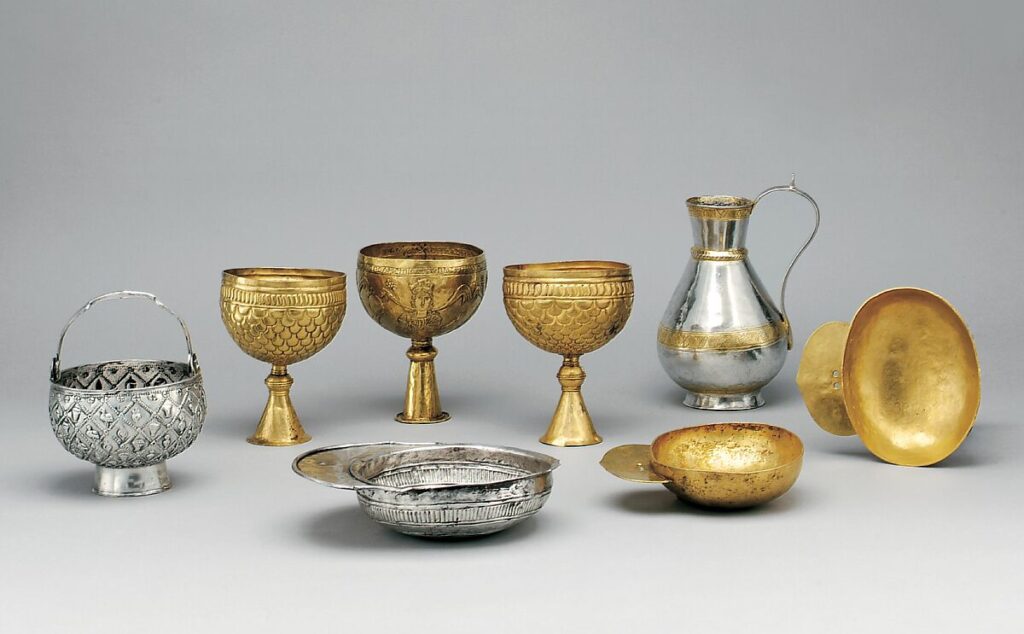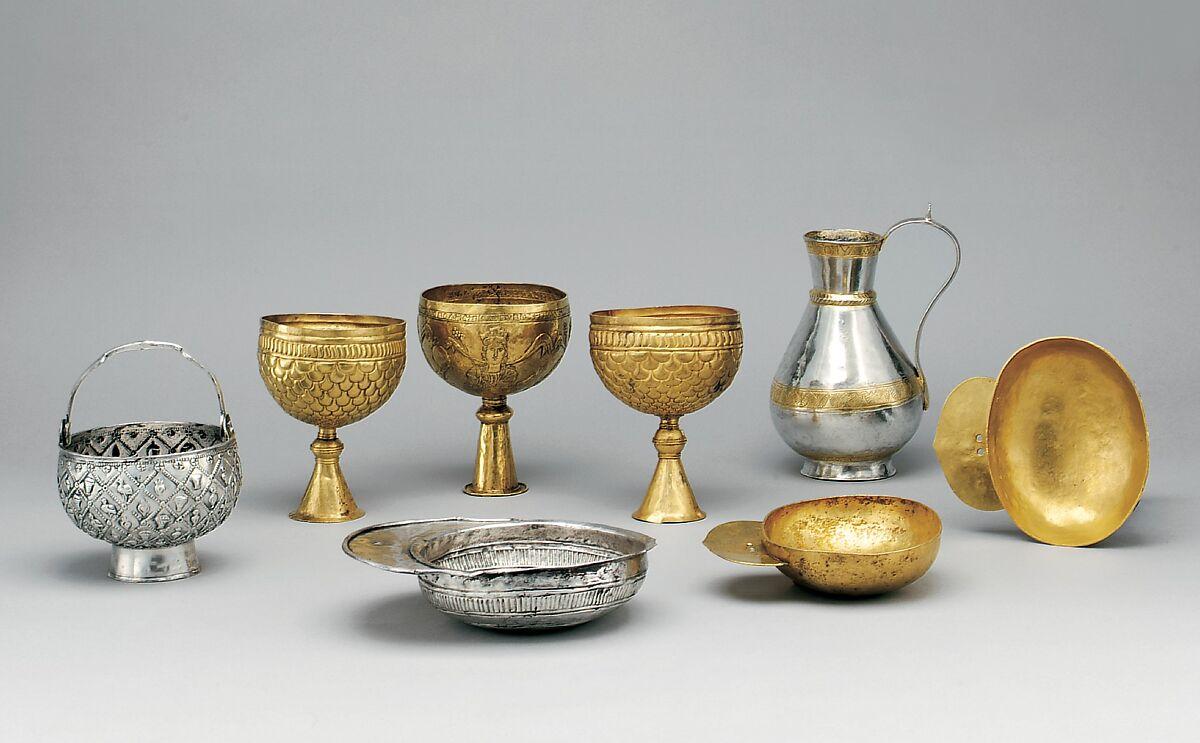A new ancient DNA study sheds light on the social structure of the ancient Avars, a medieval population that dominated the Carpathian Basin between the 6th and 9th centuries.
The Avars ruled in what is now Hungary, Romania, Slovakia, Austria, Croatia, and Serbia until they were overpowered by the Franks in attacks led by Charlemagne.

The Avar Period
In the study, researchers sequenced the genomes of 424 individuals from four different cemeteries dating to the Avar period (567–822 CE).
They discovered that each cemetery contained groups of closely related individuals. They reconstructed a family tree from individuals in one cemetery that spanned nine generations and connected 146 individuals, primarily via male lineages.
This confirmed that, like many nomadic people of the Eurasian Steppe, the Avars were a patrilocal society, meaning that adult females relocated to reside with their male partners and their families. They also found evidence that the Avars practiced levirate unions, whereby the men would marry the widows of their deceased male relatives.
This tradition is still practiced today in some parts of the world. The researchers even discovered one case where an Avar woman had children with four related men.
Mixed Ancestry
They also found that the Avars had mixed ancestry, with substantial ancestry tracing to northeast Asia.
This is consistent with claims that they originally descended from members of the Rouran Khaganate, a tribal confederation that spanned parts of what is now Mongolia, Kazakhstan, eastern Siberia, and northwestern China during the 4th–6th centuries. Most of the Avars also possessed West Eurasian ancestry, some of which may have been acquired before the arrival of the Avars in the Carpathian Basin.
Learn More
In celebration of these exciting new discoveries, we’ve added 26 of the Avars whose genomes were published as part of this study to Historical MatchesSM, our new 23andMe+ PremiumTM membership feature so that you can find out if you share a genetic connection to them.




